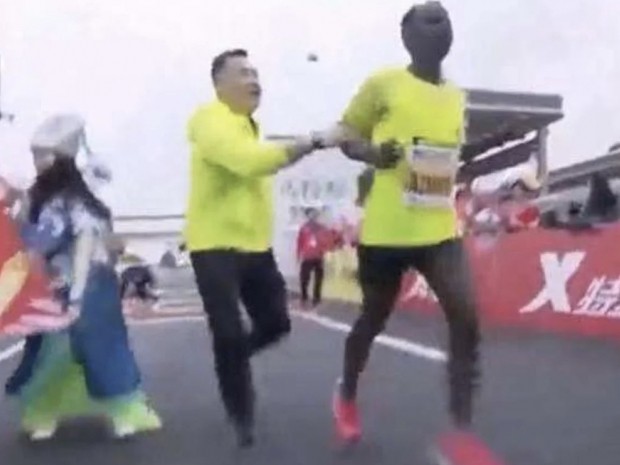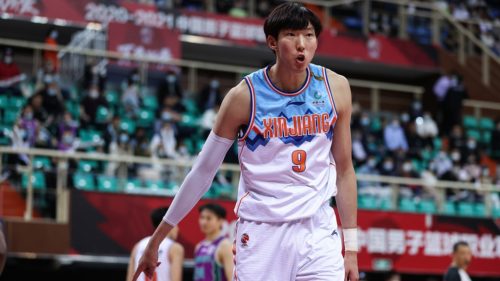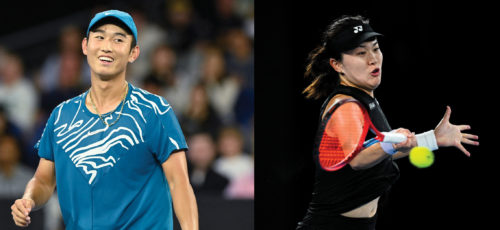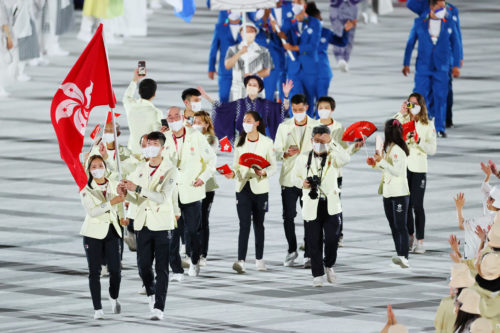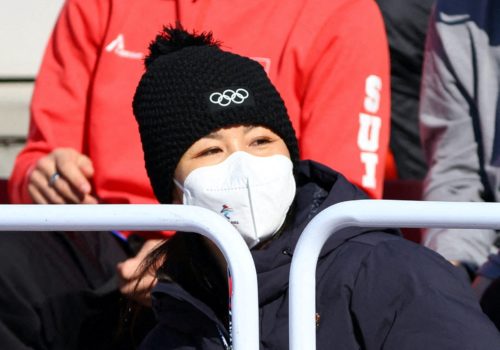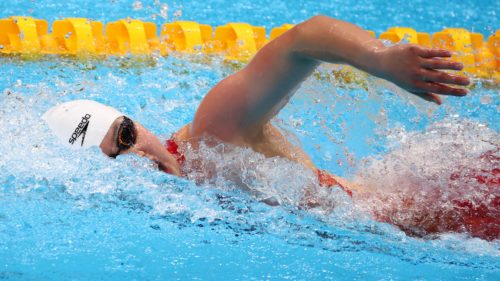Cheaters exposed in Chinese snooker, Shenzhen half-marathon
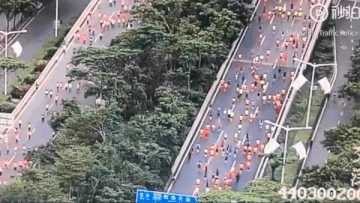
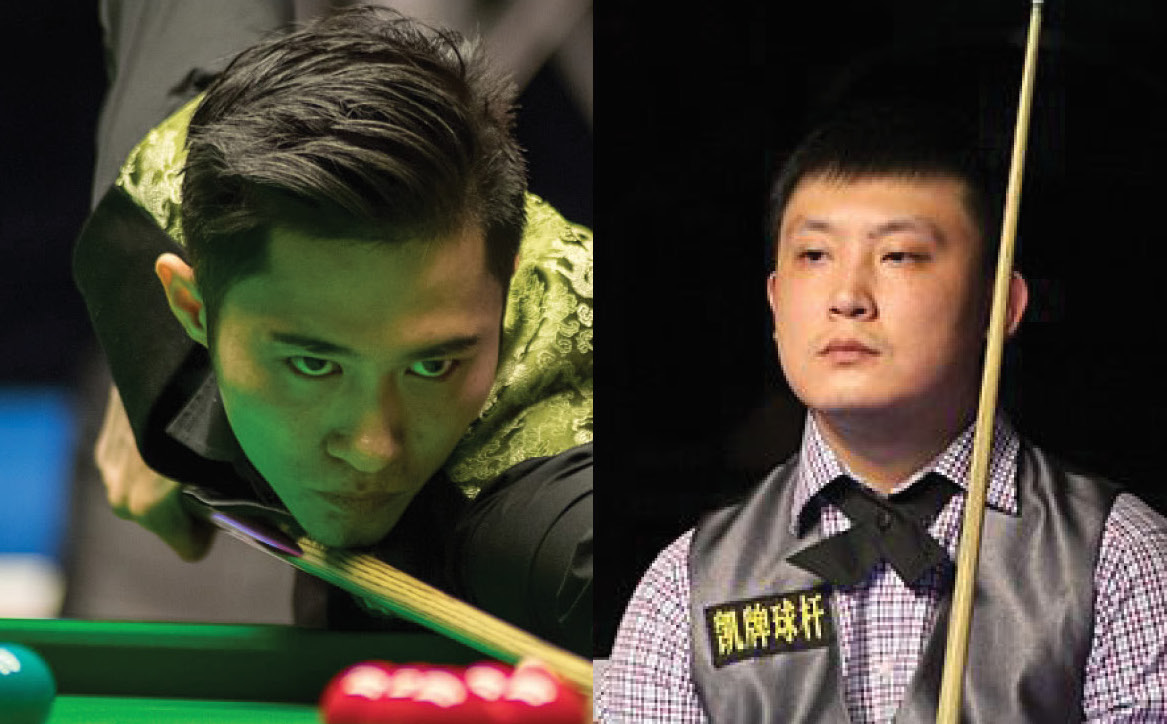
The China Sports Column is a The China Project weekly feature in which China Sports Insider Mark Dreyer looks at the week that was in the China sports world.
It hasn’t been a good few days for cheating in the Chinese sports world.
Chinese snooker is in turmoil after two of the country’s best players, Yu Delu 于德陆 and Cao Yupeng 曹宇鹏, have been banned for 10 and six years, respectively, after both admitted to fixing multiple matches over a two-year period.
The players, both ranked in the world’s top 50, were first suspended back in May, but the severity of their sentences leaves the snooker world in no doubt about how seriously players will be punished in the future.
Cao was said by the WPBSA, snooker’s governing body, to have shown “true remorse” and will now help to educate players in the fight against corruption. As a result, the 28-year-old could be back playing as early as 2020, with more than half of his six-year sentence suspended.
But Yu’s misdemeanors were on another level.
Described by the WPBSA as “a scourge to the game of snooker” — can it get more damning than that? — his professional career is almost certainly over, as he can’t play again until 2029, by which time he will be well into his 40s. He initially faced a 12-year sentence, but saw that reduced by 15 months after he finally admitted his guilt in the face of overwhelming evidence.
Not only did he fix matches at five different tournaments, he also lied to investigators, failed to cooperate with the investigation, and also placed bets himself for good measure. One text message he sent reportedly showed him “taking the initiative” to fix a match for money.
The large sums placed — in one incident, a total of $320,000 was placed in a single second by 38 Asian-based betting accounts — not surprisingly tipped off authorities, though given Yu’s brazen nature, you have to wonder whether only five matches were affected over the timeframe specified by investigators.
But widening the view from Yu and Cao to the overall state of snooker, it’s hard to avoid the conclusion that something’s not quite right with the game when players ranked among the world’s Top 50 go in search of extra revenue.
China’s top player, Ding Junhui 丁俊晖 — who urged fellow Chinese pros this week to have more “self discipline” — has earned about $4.3 million in winnings over the course of his 15-year career, with a few million more from sponsorships, but the prize money tails off dramatically for those outside the Top 10.
Yu and Cao have brought in around $335,000 and $380,000, respectively, though when you spread that out over their seven-year careers and factor in additional costs for extensive global travel, there’s not going to be a whole lot left in the pot, even accounting for state support for Chinese players.
Snooker’s biggest name, Ronnie O’Sullivan, is currently calling for a total overhaul in the way the game is run in order to ensure that at least some of the top players can earn a decent wage from snooker. Until that happens, it wouldn’t be surprising if more players — Chinese or otherwise — end up in the arms of the match fixers.
From snooker to marathon running, but, sadly, the tale remains the same.
A staggering 258 runners in last month’s Shenzhen half-marathon were caught cheating, with the vast majority sneaking through bushes to shave two kilometers off their race distance as they cut across before the end of a U-turn in the course. Others were found to be wearing fake race bibs, or the bibs of someone else.
The cheats had no effect on the outcome of the race — these were all amateur runners well down the field — but you have to wonder what the motivation was.
There was no money to be gained — and certainly no fame — and the race distance is such that 99.9% of runners who can manage 19 kilometers can tag on two more if absolutely necessary. They can’t possibly have fooled anyone but themselves.
In a quote carried by Xinhua, organizers said that “marathon running is not simply exercise, it is a metaphor for life,” in which case, the feats of the 258 doesn’t bode very well for China.
While not wanting to delve too deeply into the state of the world today, it’s disappointing not only that other runners didn’t call out the cheats, but that so many of them found it acceptable to cheat so openly.
To quote just about every moralizing sports coach in history, “They’ve let their friends down, they’ve let their families down, but, more than that, they’ve let themselves down.”
As if that wasn’t enough, a race official is in the spotlight after grabbing the arm of Ethiopian athlete — and Nanning International Marathon winner — Gelgelo Tona Outoya as he crossed the finish line, causing the runner to slump to the ground.
The motivation behind this rather bizarre officiating, which was captured live on television, remains unclear, with some saying the marshal wanted the runner to pose under the sponsor’s banner, while the official himself claimed he had been trying to help an unsteady Outoya remain on his feet.
Embarrassingly, the event came just days after another official hit the headlines, after thrusting a Chinese flag into the hands of a local runner at the Suzhou Taihu Marathon, which deprived her of the chance for victory.
Chinese marathon runner loses gold medal after volunteers thrust national flag
There have been close to 1,100 marathon and official road races in China this year, up from just 22 in 2011, and while it’s fantastic to see mass participation sport like this take off in China, the learning curve for runners and officials alike can sometimes be rather steep.
The China Sports Column runs every Friday on The China Project. Follow Mark Dreyer @DreyerChina.
